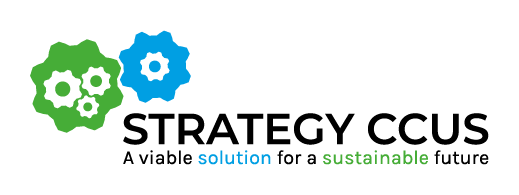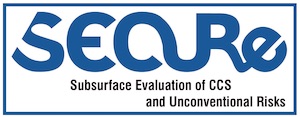International shipping takes care of the movement of goods and products between nations. It has the lowest carbon footprint per tonne for long-range transport but still creates around 3% of global CO2 emissions. The maritime sector has pledged to reach net zero emissions by 2050.
Different low-carbon technologies are being explored, including onboard carbon capture (OCC), which could provide a low-cost solution compared to zero-emission fuels, such as ammonia and hydrogen.
The EverLoNG project aimed to encourage the uptake of OCC by demonstrating its use on board LNG-fuelled ships and moving it closer to market readiness. Their research optimised the technology and considered how best to integrate it into existing ship and port infrastructure.
International and national collaboration was inherent to EverLoNG, which aimed to support the maritime sector’s ambitious and essential decarbonisation plans.
SCCS contributed to the development of the CO2 Shipping Interoperability Industry Group (CSIIG) and of the port readiness tool, as well as lead the communication and dissemination activities of this project.











